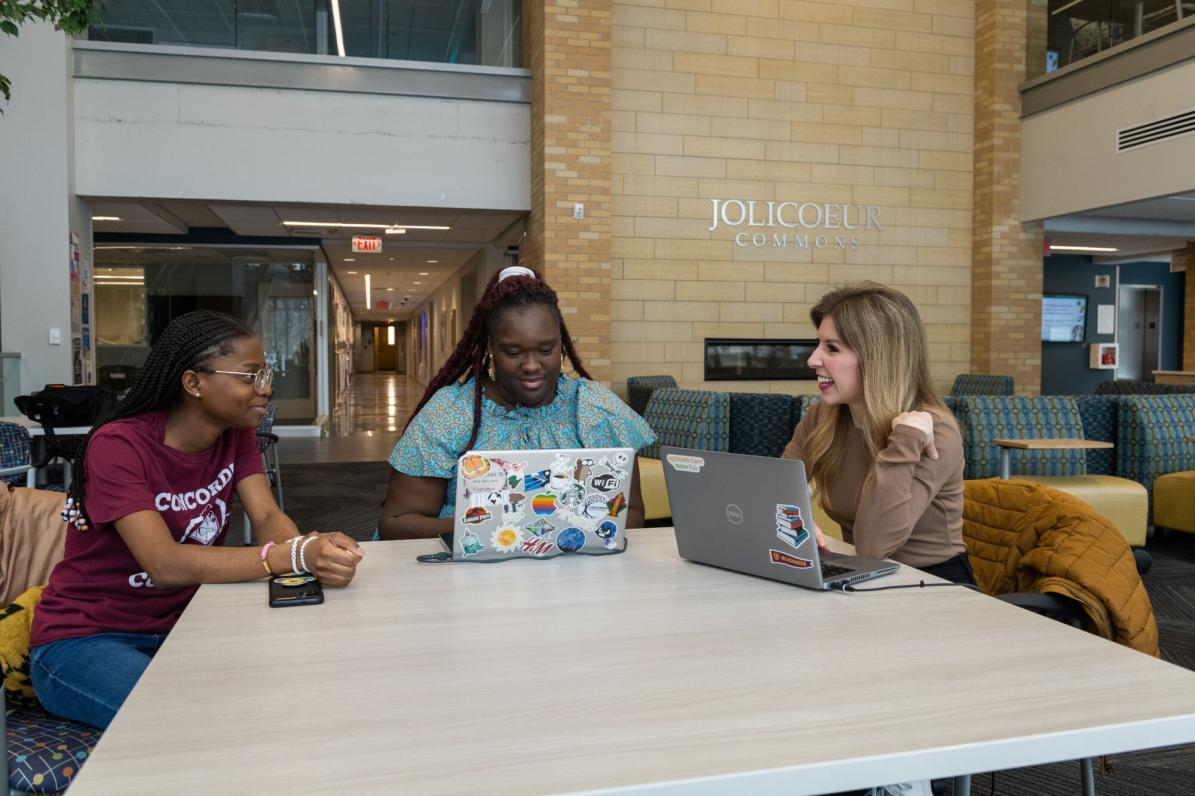How Can AI Be Used to Enhance the Quality of Education in the United Arab Emirates?
The United Arab Emirates (UAE) has made significant strides in improving the quality of its education system. However, there are still challenges and opportunities for further enhancement. Artificial intelligence (AI) has emerged as a powerful tool that can transform education, offering personalized learning experiences, immersive virtual environments, and data-driven insights to improve teaching and learning outcomes.

Applications Of AI In Education
Personalized Learning:
- AI-powered adaptive learning platforms: These platforms use AI algorithms to track student progress and tailor learning content and activities to each student's individual needs, strengths, and weaknesses.
- Tailored recommendations for learning resources: AI can analyze student data to identify resources that are most relevant and effective for each student, helping them find the information they need to succeed.
- Real-time feedback and progress tracking: AI-powered systems can provide students with immediate feedback on their work, helping them identify areas where they need improvement and track their progress over time.
Virtual Reality (VR) and Augmented Reality (AR):
- Immersive learning experiences: VR and AR technologies can create immersive learning environments that engage students and make learning more interactive and memorable.
- 3D simulations and interactive models: VR and AR can be used to create 3D simulations and interactive models that allow students to explore complex concepts in a hands-on way.
- Hands-on learning opportunities: VR and AR can provide students with hands-on learning opportunities that would otherwise be difficult or impossible to replicate in a traditional classroom setting.
Natural Language Processing (NLP):
- Chatbots and virtual assistants for student support: Chatbots and virtual assistants powered by NLP can provide students with 24/7 support, answering questions, providing guidance, and helping them navigate the learning process.
- Automated grading and feedback: NLP can be used to automate the grading of assignments and provide students with detailed feedback on their work, freeing up teachers' time for other tasks.
- Language translation and interpretation: NLP can be used to translate learning materials into different languages, making education more accessible to students from diverse linguistic backgrounds.
Benefits Of AI In Education
Improved Learning Outcomes:
- Increased student engagement and motivation: AI-powered learning tools and technologies can make learning more engaging and motivating for students, leading to increased participation and improved outcomes.
- Enhanced critical thinking and problem-solving skills: AI can help students develop critical thinking and problem-solving skills by providing them with opportunities to explore complex concepts and solve real-world problems.
- Better retention of knowledge: AI-powered learning systems can help students retain knowledge more effectively by providing them with personalized feedback and reinforcement.
Equity and Accessibility:
- Personalized learning paths for students with diverse needs: AI can be used to create personalized learning paths that cater to the needs of students with diverse learning styles, abilities, and disabilities.
- Access to quality education in remote areas: AI-powered learning technologies can provide students in remote areas with access to quality education that would otherwise be unavailable.
- Bridging the digital divide: AI can help bridge the digital divide by providing students from disadvantaged backgrounds with access to technology and learning resources.
Efficiency and Cost-effectiveness:
- Automation of administrative tasks: AI can be used to automate administrative tasks such as grading, scheduling, and data entry, freeing up teachers' time for teaching and other important tasks.
- Reduction of teacher workload: AI can help reduce teacher workload by providing them with tools and resources that make teaching and assessment more efficient.
- Optimization of resource allocation: AI can help schools and districts optimize their resource allocation by identifying areas where resources are needed most.
Challenges And Considerations
Data Privacy and Security:
- Ensuring the safe and ethical use of student data: It is important to ensure that student data is used safely and ethically, and that appropriate measures are in place to protect against cyber threats and data breaches.
- Protecting against cyber threats and data breaches: Schools and districts need to implement robust cybersecurity measures to protect student data from cyber threats and data breaches.
Teacher Training and Development:
- Preparing teachers to effectively integrate AI into their teaching practices: Teachers need to be prepared to effectively integrate AI into their teaching practices, and provided with ongoing professional development opportunities to stay up-to-date on the latest AI technologies and best practices.
- Providing ongoing professional development opportunities: Schools and districts need to provide teachers with ongoing professional development opportunities to help them stay up-to-date on the latest AI technologies and best practices.
Bias and Fairness:
- Mitigating the risk of bias in AI algorithms: It is important to mitigate the risk of bias in AI algorithms, and ensure that AI-powered educational tools and technologies are fair and equitable for all students.
- Ensuring fair and equitable access to AI-powered educational resources: Schools and districts need to ensure that all students have fair and equitable access to AI-powered educational resources, regardless of their background or circumstances.
Artificial intelligence has the potential to revolutionize education in the United Arab Emirates, offering personalized learning experiences, immersive virtual environments, and data-driven insights to improve teaching and learning outcomes. By investing in AI-based educational solutions and addressing the associated challenges, the UAE can create a world-class education system that prepares students for the challenges and opportunities of the 21st century.
YesNo

Leave a Reply